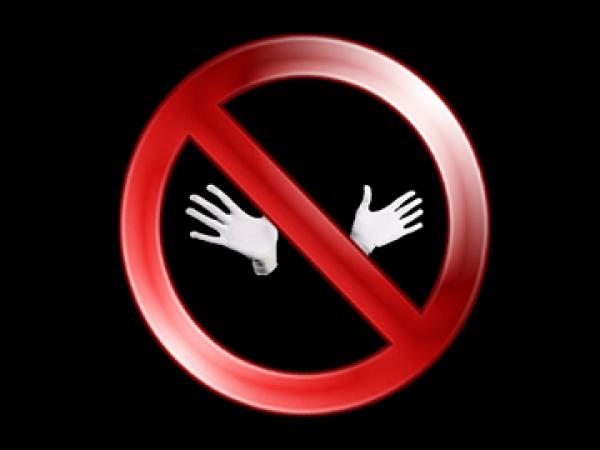Deaf demand more Sign Language

Sign Language is the primary language used by the deaf community in South Africa, yet to this day it is not officially recognized or well-integrated into everyday life.
The South African Constitution stipulates that all citizens are equal before the law and have a right to choose their own language and culture.
Lwandokazi Denti, a deaf teen, said: “Equality includes the full and equal enjoyment of all rights and freedoms, and it’s unfortunate that we [deaf people] don’t enjoy the same benefits that hearing people enjoy when it comes to accessing television programmes.”
Matlapulana Ragoasha, a communications manager from e.tv, said, “e.tv supported and continues to support people with hearing disabilities in a significant way over the past years. We have had the pleasure of engaging four interpreters across our various news bulletins. Our Sign Language interpreter can translate multiple languages into Sign Language. We always ensure that we make special events and addresses accessible to those with hearing disabilities.”
Daily TV broadcasts in Sign Language give today’s South African Sign Language its national cohesion and unity.
Lithemba Twalo, a deaf auxiliary worker from the Deaf Federation of South Africa (DeafSA), said, “South African broadcasters (SABC and e.tv) have improved in terms of accommodating the deaf by putting subtitles on their news and soapies but fail to accommodate us when its time for movies.”
According to the site Deafness South Africa, South Africa is one of the brightest spots for deaf culture on the African continent.
DeafSA began operating in 1929. South Africa currently has 47 schools that cater to the deaf.
Thabo Mongoato, a camera operator who just shot a documentary about deaf education, said, “It’s unfortunate that deaf people are marginalised, and honestly they are not provided for. They are only provided for in the news, where every now and again there’s an insert of someone signing. SABC’s DeafTV is one programme that I can say caters to the deaf, but even that is not enough.”
The SABC did not answer telephone calls or emails requesting comment.
According to the National Institution for the Deaf (NID), Sign Language is the fifth most-used language in the country. Because it is so popular, NID is advocating for Sign Language to be recognised as one of South Africa’s official languages.
“Being deaf is not a communication barrier,” Mongoato added. “But stigma and arrogance are.”
Support independent journalism
Donate using Payfast

Don't miss out on the latest news
We respect your privacy, and promise we won't spam you.
Next: Performance poetry takes Cape Town by storm
Previous: Protest against police brutality toward blind busker

This article is licensed under a Creative Commons Attribution-NoDerivatives 4.0 International License.
